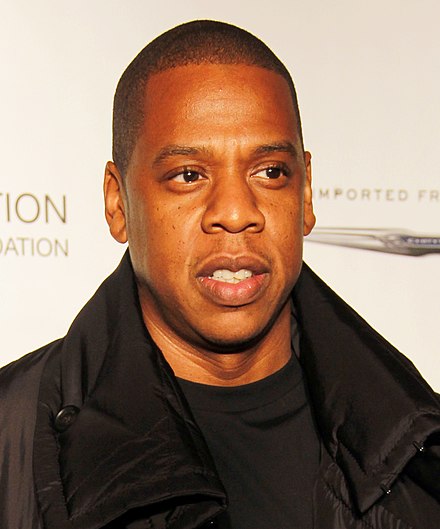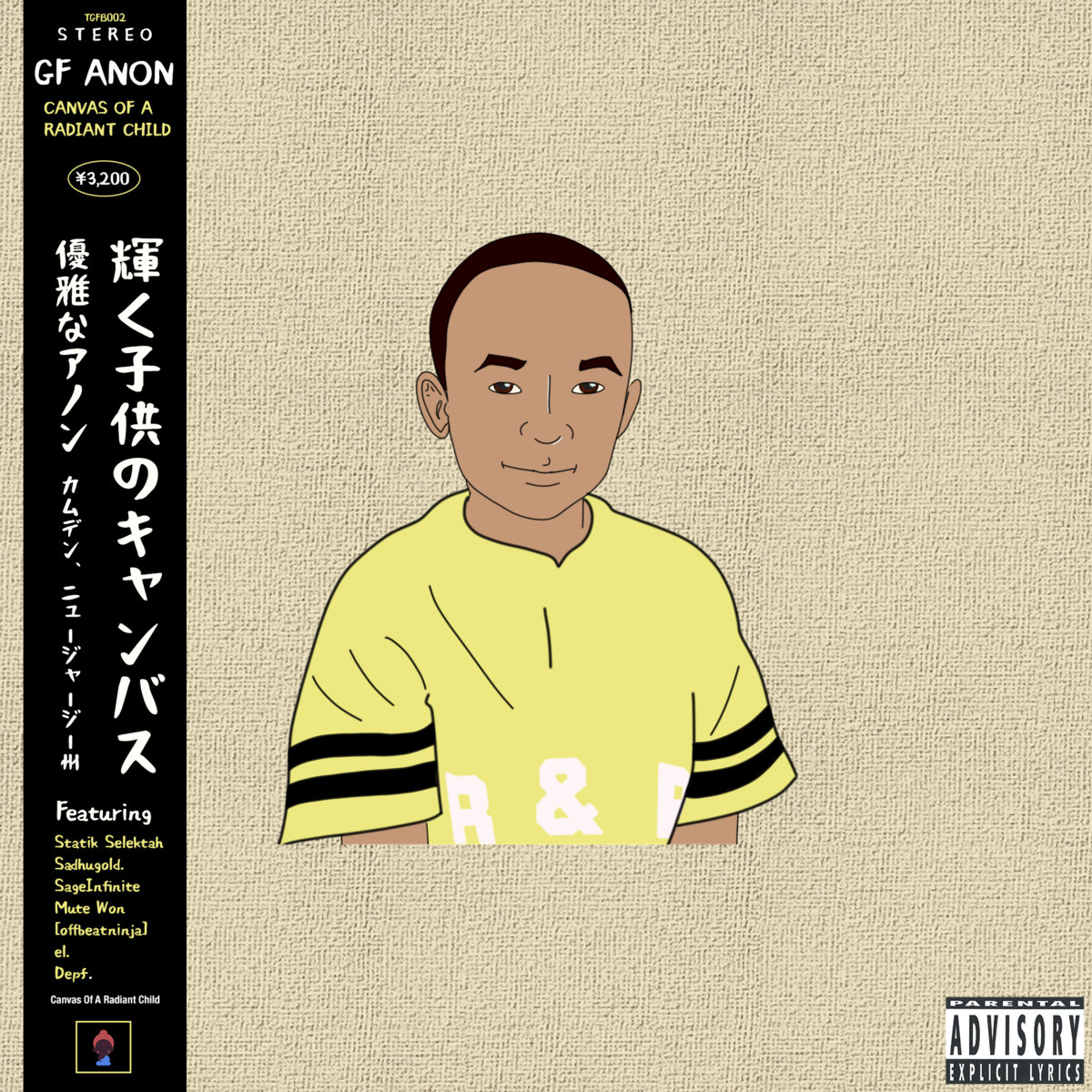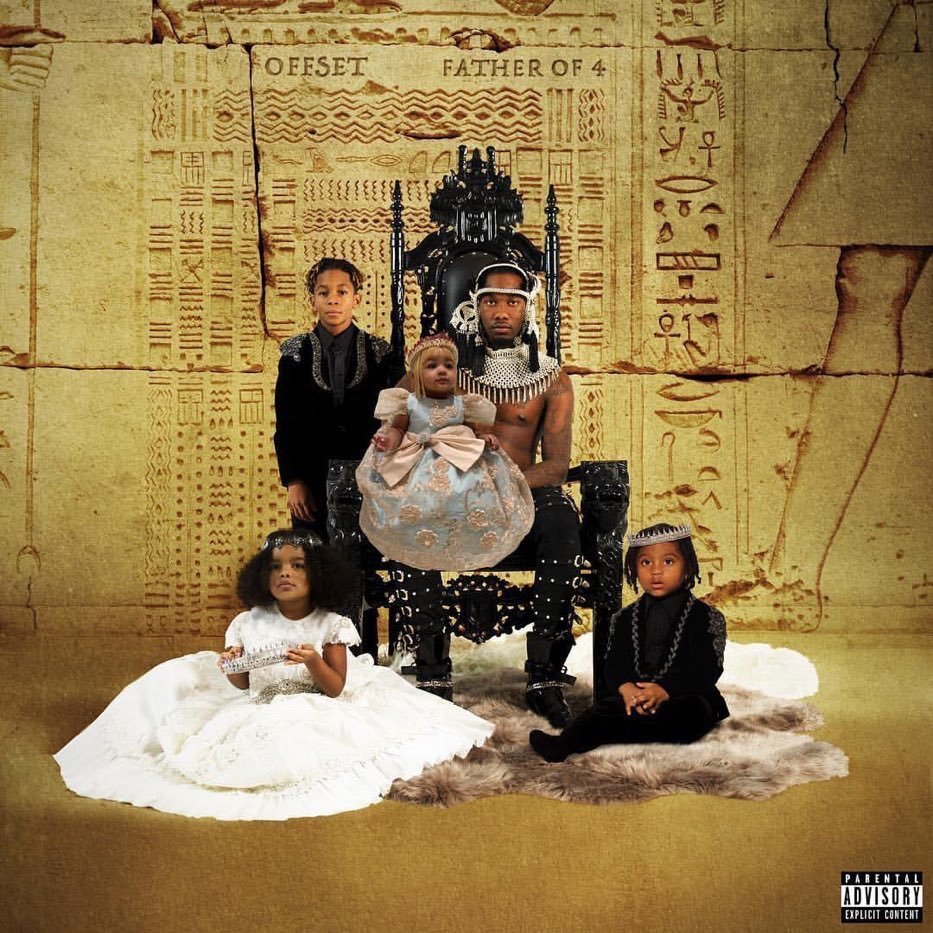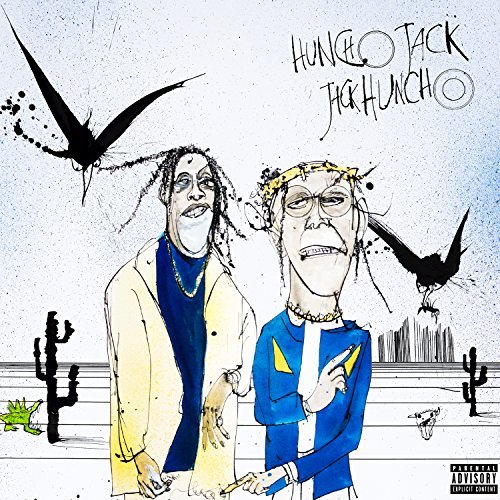By: Tommy “T-Rod” Rodriguez
Painting a picture and rapping are much the same. For every canvas, there’s a pencil and pad. Every color corresponds to a word, every brushstroke comparable to a vocal inflection, combining to form an image that stimulates emotion. To craft a rap song is to paint a picture with verbs and vocals.
With this in mind, hip-hop’s obsession with painting only makes sense: the artists of the past, from Da Vinci to Jean-Michel Basquiat, are analogous to today’s rappers. They represented the changes that were (and still are) occurring in society; without being activists, they embodied what the people of their times are doing and thinking. Artists like Jay-Z seek to own the art of the past to display how they’ve overcome oppression and poverty, while other artists like Lupe Fiasco opt to paint a Mural with nothing but wordplay. Success through struggle and mental freedom: these are the desires that many people have today, but many are incapable of painting these desires into a quality picture or album…
GF Anon is the exception to that rule.
GF Anon is a hip-hop artist from New Jersey that, I can say without hesitation, has dropped one of my favorite records this year. This review has taken a while to pen because, despite Canvas of a Radiant Child’s brisk 34-minute runtime, it has a wealth of material to dissect and digest. The record seemingly exists in its own separate universe; it is decidedly lo-fi and jazzy, utilizing sparse instrumentals and jagged soul samples that cut through the mix like a knife. Anon’s voice is confident, but carries a hidden pain that makes every bar hit with the force of a train. Sonically, it is quite beautiful in its complex simplicity, but this is only one aspect of the picture GF Anon paints. His songwriting is excellent, his rapping performance hungry, and his emotion poignant.
The introduction to Canvas of a Radiant Child is a perfect setup for GF Anon’s conceptual take on art: a disembodied voice simply states that black people are “not even portrayed in modern art enough.” This opening is bold, but is only carried forth by the album’s immediate use of dissonant sampling, one of the main reasons that hip-hop was formed as a genre. Immediately, Anon displays a maturity that very few artists have, all without saying a word.
When Anon’s flows come in on the steady rhythm and grainy strings on “Midnight Blakk,” the maturity of his songwriting is shown. “I maneuver through the belly/put my seven day theory into motion, Makaveli” he growls. As Anon touts his lyrical powers, I can’t help but imagine him sitting by a desk, writing and rewriting bars until perfection is achieved. “Jaane Do” continues the dazzling wordplay, but this time the beat seems almost claustrophobic, with Anon’s voice seemingly fighting to be heard over roaring water. This song’s desire for success is tangible, detailing side-eyes for good looks, silver tongues, and “letting it go” for others who “get dough.” Extra imagery like this is constantly sprinkled throughout Canvas of a Radiant Child, making its world all the more intriguing.
GF Anon’s ties to the old fashioned East-Coast sound accentuates his narrative approach. As the cartoony synth-splashes and gorgeous horns ring out on “Samo’s Loop,” Anon says competitors’ art is “the same old shit.” While aggressive statements like this are normally touted by people who are actually doing the same old shit, this statement is used properly: this album sounds like it well age like fine wine. “Cherry Tree$” has a great feature from SageInfinite, providing some compelling interplay from himself and Anon as they ride a smooth, soulful chant melody that seems cranked right out of Dilla’s studio in heaven. While the beats are consistently excellent, Anon never lets them distract from his own craft: “The Love, The Hate” is an internal examination of Anon’s own passions and struggles, where his rapping bodies even the glorious beat switch. The beauty of the album continues on the haunting 1920s-esque harmonies of “The Remain,” where Anon takes aim at the fake people who fade away from music. Only the real remain…a blunt but artful expression.

The picture that GF Anon paints with his words, so far at least, is one that is deft, concise and perfectionistic with every brushstroke and bar. One of the most interesting aspects of this album is its obsession with museum pieces in his subject matter. “Masterpiece at the Basel” and “Jean Michael Frames” display Anon’s idols and romantic aspirations of having his own artwork amongst the greats. With the gorgeous singing on the former and luxurious strings on the latter, Anon makes me envision a walk by the Louvre in 15 years, looking at paintings drawn up in 2020’s chaos. The dissonant “Soliloquy at the Armory,” by comparison to the breezy and beautiful tracks before it, delves into the realities of mortality: “It’s cool to be a geek/not to be another one caught up being six-feet-deep” he says. This song, when tied with the artistic theme of the record, has one clear message:
Following your passions is the only way to live forever, and GF Anon is going to become immortal.
“Gallery Talk” is a nice interlude before the album’s end, discussing graffiti and the concept of “mainstream” art as being pastiche. Art has no designation or label, it is just art. “Night Cafe’” is a banger, using a hard hitting boom-bap beat to accentuate Anon’s celebration of Vincent Van Gogh and Malcolm X as forces of change. This song perfectly shows his talents as a songwriter; the hook here is excellent, one of my favorite of the year. “Self Portrait,” by contrast, is ominous, delving into Anon’s inner turmoil as he works through his various struggles. He sounds almost ready to give in to his demons, battling depression and suicidal thoughts, but a glimmer of hope seems to have hypnotized him…
His own art, and his own voice. As the song ends with one more cheerful soul sample, it’s clear that there is a bright future ahead. GF Anon is ready to paint his way to the top and immortality, even if it’ll take him his whole life to achieve.
What else do I need to say? This record is beautiful in almost every way: its production is classy and fits the tone, GF Anon’s rapping and songwriting is stunning for an artist so relatively unknown, and his use of art as a means of inspiration is poignant and unique.
Listen to this album, you won’t regret it.
Standout Tracks: “Midnight Blakk,” Jaane Do,” The Love, The Hate,” “The Remain,” “Jean Michael Frames,” “Night Cafe’,” “Self Portrait”
Special thanks to GF Anon to sending us this record! This is truly a special one worth remembering.
Stream Canvas of a Radiant Child below!
SOFLOSOUND.com is your one stop shop for a hip hop fan’s music reviews, profiles, and essays. By the youth, for the youth, and allied with all oldheads, everywhere. Leave a comment below on what you want to see next!


